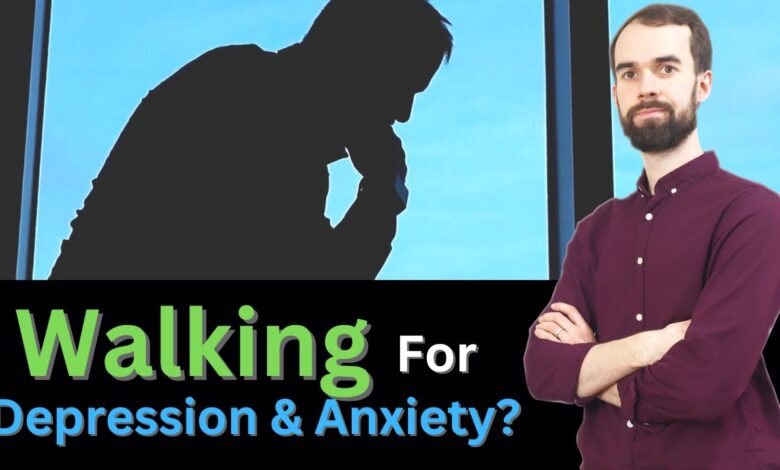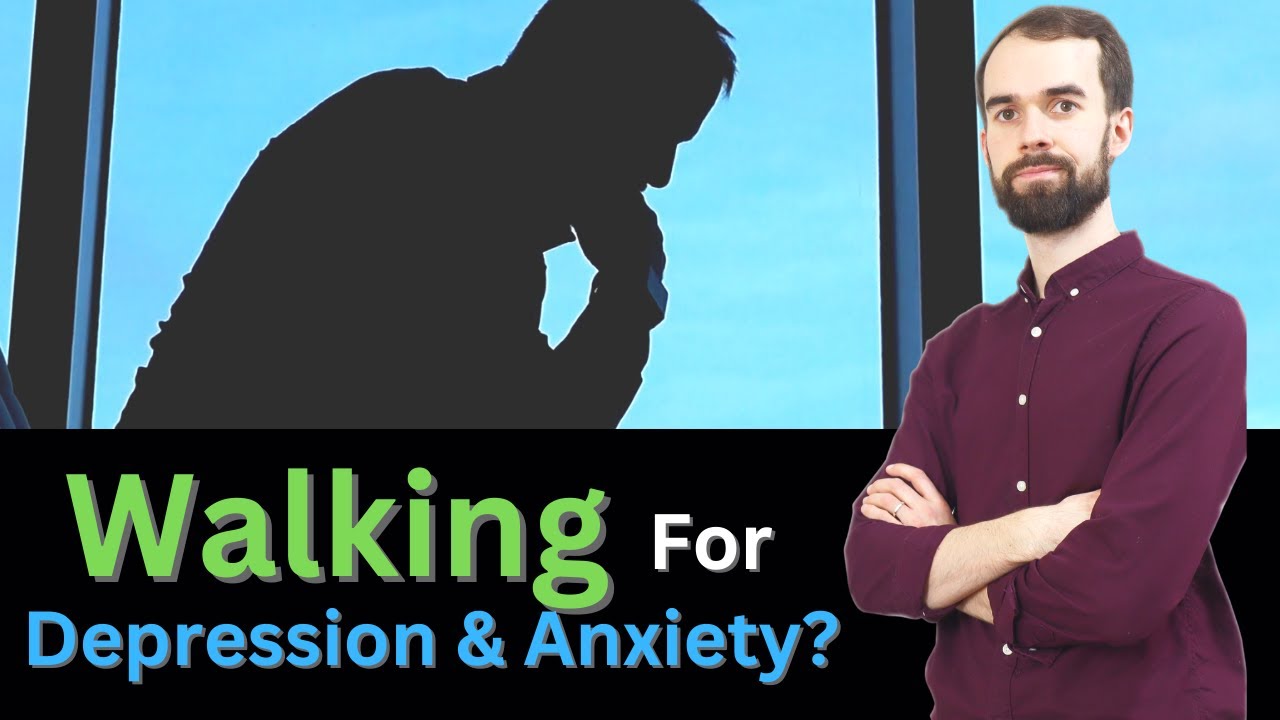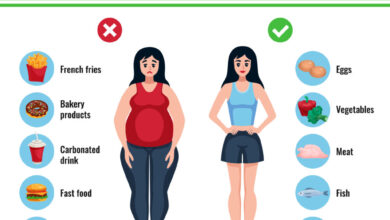
Science Says Walking Helps You Feel Less Anxious
Science says walking helps you feel less anxious, and it’s not just a feel-good notion. There’s a growing body of research demonstrating the powerful connection between physical activity and mental well-being. Walking, in particular, has emerged as a simple yet effective way to combat anxiety, and the science behind it is fascinating.
Walking triggers a cascade of physiological changes that benefit both your body and mind. As you stride, your heart rate increases, and your muscles engage, leading to the release of endorphins, those feel-good chemicals that act as natural mood boosters.
Simultaneously, walking helps regulate the production of stress hormones like cortisol, effectively calming your nervous system. This combined effect results in a noticeable reduction in anxiety levels.
Walking as a Complementary Therapy for Anxiety: Science Says Walking Helps You Feel Less Anxious
Walking can be a valuable tool for managing anxiety, and it can be effectively incorporated into a holistic approach to mental health. When combined with other therapies, walking can amplify its positive effects and contribute to a more balanced well-being.
Walking’s Integration with Other Anxiety Management Techniques
Walking can complement various anxiety management techniques, including therapy, medication, and relaxation exercises. It’s not a replacement for professional help, but it can be a powerful addition to your existing strategies. Here’s how walking can be integrated:
- Therapy:Walking can enhance the benefits of therapy by providing a physical outlet for stress and anxiety. It can help individuals process emotions, gain clarity, and feel more grounded. Regular walks can also improve sleep, which is crucial for mental well-being and can support therapeutic progress.
- Medication:Walking can be a natural complement to medication for anxiety. Exercise, including walking, has been shown to have positive effects on brain chemistry, reducing the severity of symptoms and enhancing the effectiveness of medication.
- Relaxation Exercises:Walking can be combined with relaxation techniques such as deep breathing, mindfulness, or progressive muscle relaxation. The rhythmic movement of walking can help focus the mind, while the fresh air and natural surroundings can promote relaxation and reduce stress.
Comparing the Benefits and Drawbacks of Walking with Other Methods, Science says walking helps you feel less anxious
| Method | Benefits | Drawbacks |
|---|---|---|
| Walking |
|
|
| Therapy |
|
|
| Medication |
|
|
| Relaxation Exercises |
|
|
Integrating Walking into a Holistic Approach to Anxiety Management
Here are some examples of how walking can be integrated into a holistic approach to managing anxiety:
- Walking Meditation:Combine walking with mindfulness practices by focusing on the sensations of your body as you walk, paying attention to your breath, and observing your surroundings without judgment. This can help ground you in the present moment and reduce racing thoughts.
- Nature Walks:Spending time in nature has been shown to reduce stress and anxiety. Walk in a park, forest, or along a beach, immersing yourself in the sights, sounds, and scents of the natural world.
- Walking Groups:Join a walking group to connect with others, socialize, and share experiences. The social support and camaraderie can be helpful in managing anxiety and promoting well-being.
- Walking for Exercise:Regular physical activity is essential for mental health. Aim for at least 30 minutes of moderate-intensity walking most days of the week.
Wrap-Up

Incorporating walking into your routine is a natural, accessible, and evidence-based way to manage anxiety. Whether you choose a brisk walk around the block, a leisurely stroll in nature, or a power walk with a friend, the benefits are undeniable.
So lace up your shoes, step outside, and experience the calming and uplifting power of walking for yourself.
Science says walking helps you feel less anxious, and it makes sense – getting your body moving releases endorphins and helps clear your head. But sometimes, you need something a little more intentional to really get your day going.
That’s where a quick yoga routine comes in – check out this stretches energize morning 5 pose yoga fix to get your body and mind ready for the day. You’ll find that the combination of movement and mindfulness will leave you feeling calmer and more focused, which can really help you tackle any anxieties that might arise.
You know how science says walking helps you feel less anxious? Well, I’ve found that to be true, especially after a particularly harrowing experience. I was recently reading about how a parachuting injury almost sent James into a free fall , and it really put things in perspective.
After that, a brisk walk around the block felt like a meditative retreat, and I felt a sense of calm wash over me. It’s amazing how a little exercise can ground you after a mental rollercoaster.
Science says walking helps you feel less anxious, and sometimes, a little treat can help too. If you’re craving something warm and comforting, try exploring some healthy ways to satisfy your hot chocolate craving. A delicious and guilt-free hot chocolate can be the perfect way to unwind after a brisk walk, and it’s a great way to boost your mood and keep those anxious feelings at bay.






